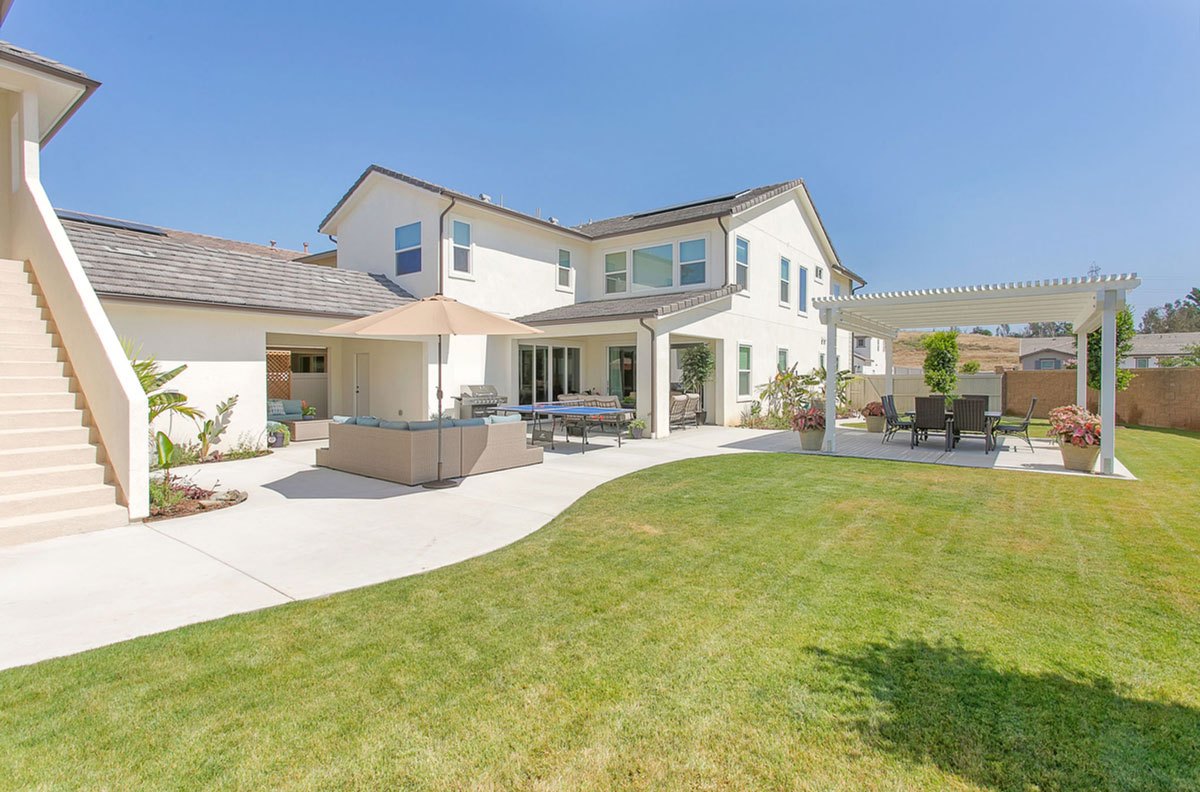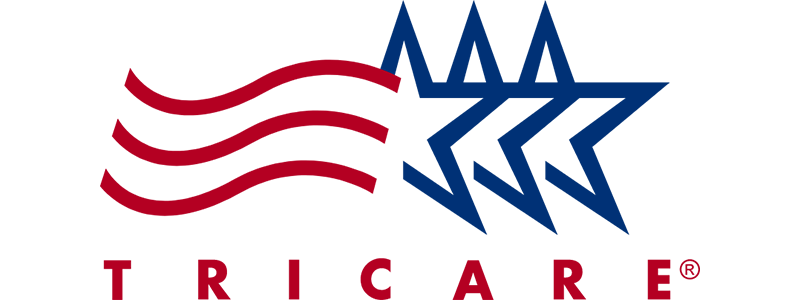
Providing support for those healing from substance use disorders is our focus. Much of the time, outpatient addiction treatment services are more convenient or appropriate for our patients. Those who don’t require inpatient care will have all the benefits of those using inpatient services with the option of a more integrated care experience. We help you reach your healthy lifestyle goals with our expert care.
Outpatient Rehab Program
Outpatient addiction treatment services in San Diego and Valley Center provide a specialized level of care that delivers structure and support, while allowing the client to continue to reside at home throughout the program.
Lilac Recovery Center’s outpatient rehab programs focus on treating substance use disorders as well as any underlying mental health conditions. We offer the same therapies as those available to inpatient clients, and treatment is covered by most major insurance. If you are ready to seek help but inpatient rehab isn’t for you, call us about or outpatient rehab programs in San Diego and Valley center.

Use Your Insurance To Start Outpatient Rehab
Lilac Recovery Center works with many popular PPO insurance plans, including Humana and Tricare. We do not accept Medi-Cal, Medicare or Medicaid.
Click below to verify your benefits.





Intensive Outpatient Program
Not all programs are alike. The intensive outpatient program, or IOP, is much more focused than a traditional substance use disorder treatment program. We offer care that is based on science and has been proven to assist those in need of treatment. IOP can often be a “step up” from other outpatient care, as the program itself is more regimented and structured. It is considered a “step down” from a partial hospitalization program (PHP).
If you’ve already experienced a detoxification program, the IOP may be the best choice for you. Once you’ve contacted our care team, we’ll be able to best assess your needs to provide you with the best luxury care possible. We tailor your program so that you’ll be prepared for a fresh, sober lifestyle upon completion. Rehabilitation is a process, but we offer support each step of the way to ease any concerns or worries. With more knowledge at our disposal than ever before, we have the skills to help your story be a successful one.
An IOP requires shorter and fewer visits a week than a partial hospitalization program. As the patient’s needs change and they are experiencing success with their program, fewer or shorter visits may be required. An IOP may take longer than traditional inpatient care, due to the nature of the program.

Partial Hospitalization Program
For Substance Use Disorder
Deciding on the best care for your struggle with substance use begins with evaluating your needs. With an evaluation by a mental health provider, you can decide if a partial hospitalization program is the best option for you. Some of the qualifiers for PHP may include:
Medical stability
Difficulty participating at school or work
Struggling with co-occurring disorders
Motivation to engage in treatment
Still suffering through symptoms of withdrawal
Currently not a risk to onself or others
This kind of treatment can be more intensive than IOP, but less intensive than full inpatient care. IOP provides structure and allows a patient to continue participating in their outside lives. PHP, however, requires the patient to participate in more sessions throughout the week to maintain healthy sobriety. PHP doesn’t require the patient to stay in residential care.
Typically, PHP maintains a schedule of five facility visits a week, but that will depend on the needs of each patient. The length of each visit will also vary. The needs of the patient are our utmost concern.
Co-Occurring Disorders
- Mood disorders including anxiety
- Attention deficit hyperactivity disorder (ADHD)
- Bipolar disorder
- Major depressive disorder
- Post-traumatic stress disorder (PTSD)
- Schizophrenia
- Alcohol
- Hallucinogens, including LSD, PCP, and ketamine
- Marijuana
- Prescription drugs
- Opioids
- Stimulants including cocaine and amphetamines

Treating both parts of a dual diagnosis is integral to a patient’s success.
Different programs at varying levels of intensity are available for outpatient services, but some of the common treatment options may include:
Cognitive behavioral therapy (CBT)
Coping skills
Interpersonal skills
Yoga
Meditation/mindfulness
Massage therapy
This kind of treatment can be more intensive than IOP, but less intensive than full inpatient care. IOP provides structure and allows a patient to continue participating in their outside lives. PHP, however, requires the patient to participate in more sessions throughout the week to maintain healthy sobriety. PHP doesn’t require the patient to stay in residential care.
Typically, PHP maintains a schedule of five facility visits a week, but that will depend on the needs of each patient. The length of each visit will also vary. The needs of the patient are our utmost concern.

Outpatient Addiction Treatment in a Luxury Setting
At Lilac Recovery Center, we work with you as you graduate various levels of care from residential inpatient to a less intensive level of outpatient care.
We are an elegant and modern recovery center that offers outpatient programs like IOP and PHP as part of a larger addiction recovery program. Our luxury treatment center located in San Diego invites healing and provides our guests with a safe and upscale place to work on themselves in privacy.



